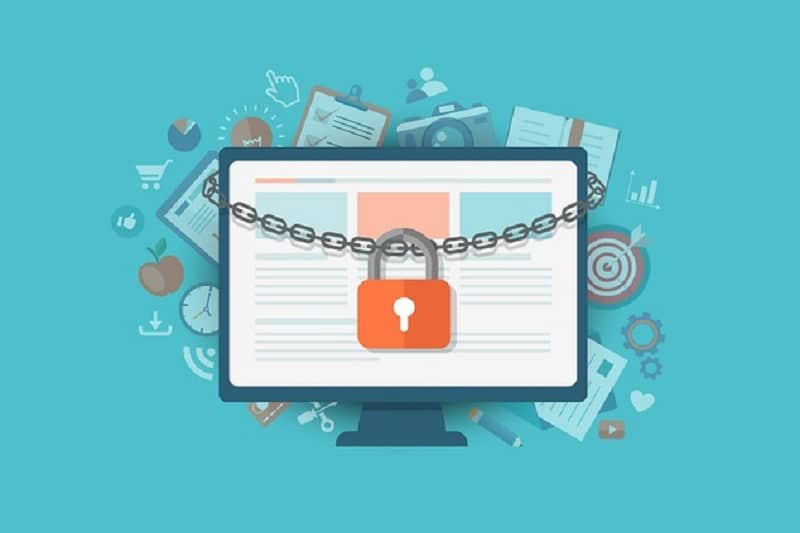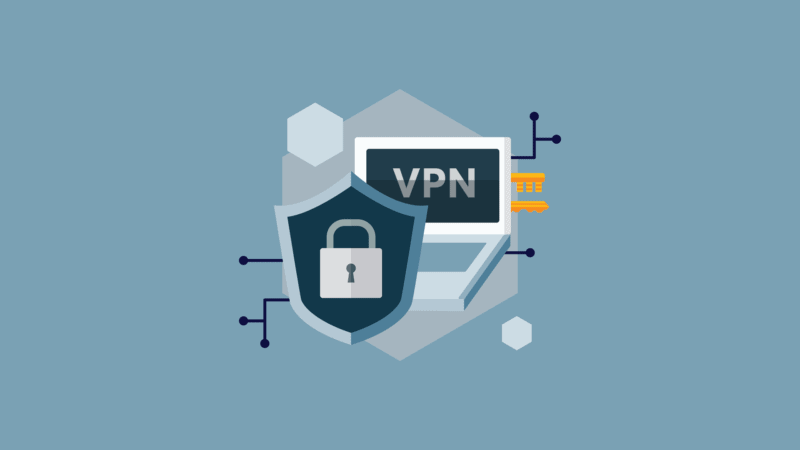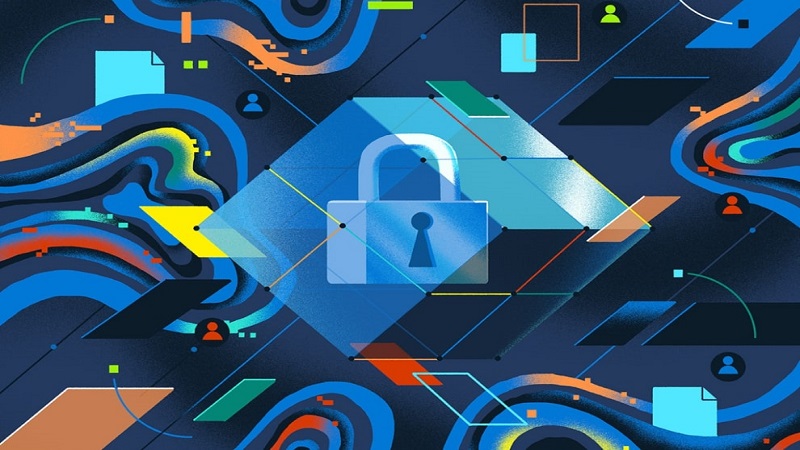Are you concerned about your digital privacy? If yes, then you are not the only one, there are millions of people who show their concerns regarding digital privacy. These concerns about digital privacy are prevailing with every coming day. Some people may think that living a private online life is impossible. However, it should be noted that protecting your digital privacy is undoubtedly a tricky task, but it is not impossible.
You need to follow some effective tips and tricks to stay away from any kind of data breach, password leaks, or use of your personal information without your consent. We have put together a list of these tips and tricks here to help you protect your digital privacy efficiently. You need to make sure that you don’t miss any important thing discussed here to avoid falling a victim to digital piracy.
Further details are given below:
What is Digital Privacy?

Before we move on to discuss a few effective tips that can be used to protect your digital privacy, it is highly important to understand what the term ‘Digital Privacy” actually is. There is also a difference of opinion regarding the actual definition of digital privacy.
However, in our opinion, digital privacy, or online privacy (as some people call it) is the practice of keeping all the private stuff including information and content to yourself. Simply put, digital privacy means you keep your private stuff accessible to yourself only, and any other entity is not allowed to use it without your consent.
How Protection of Digital Privacy is Possible?
Now coming to the main part of the discussion, ways to protect your digital privacy. While there are plenty of methods to make the protection of digital privacy possible, you still need to be attentive. In simple terms, you need to make sure you don’t leave any loophole for entities that want your private information to sneak in and use it for their own benefits.
Read on to know more about the tips to protect your digital privacy.
Don’t Fill Every Form You See Online
While social media is a great place to start when it comes to sharing less online, it is not the only thing you need to be careful about. Multiple other essential apps collect your data without your knowledge.
For instance, it was discovered that Zoom connected the accounts of its users to their LinkedIn profiles, and those users also included ones who opt to stay anonymous. Hence, you need to be careful about sharing information while filling forms you see on ads, on websites that are not authentic and on mobile apps.
Keep Your Email Address, Playlists, and Wi-Fi Passwords Private
In addition to the things discussed above, some other methods allow you to share less online as well. The first one is using a throwaway email while subscribing to newsletters and other things. Just make sure you don’t use this throwaway email for any other purpose like logging into your smartphone, browser, or cloud storage platforms.
Similarly, restrict yourself from sharing collaborative folders, playlists, or anything else that creates a loophole in your digital privacy. Additionally, keep your Wi-Fi password private to yourself and your trusted people, because any stranger can get access to your private information if he knows your Wi-Fi password.

Scammers can’t get hold of your private information if you share less information online. Start from various social media platforms where you have shared a lot of information. Make sure you only share things that are essential over social media. Moreover, you need to be highly vigilant while sharing your private snaps and restrict their access to people you can trust.
Geotagged posts and photos can be a help for strangers to know more about you, so don’t geotag your posts frequently or at least avoid geotagging posts or photos you upload on social media platforms from your home.
Reverse Image Search your Online Photos
While you need to make a habit of sharing less online, especially on social media, blogs and websites. but still, the main purpose of social media is to share your activity with your circle. Anyone can save photos from websites and blogs without taking permission. Social media users can use your photos for scamming or other people can use your website photos for their own purpose.
You cannot keep yourself restricted all the time for uploading images. So you can track your images and check who is using your images online. Take help of the reverse image search technique to find out the culprits that are using your private photos without your consent. Once you search by image on a photo search facility, it will show all the similar results to your image with the link of sources.
You can find entities that are using your images illegally. Ask them to remove it, if they are using it on websites ask them to give you a link to that image. If they refuse to do so, you can take legal action against those culprits.
Use Strong Passwords and Two-Factor Authentication
The most used way for entities who want to get access to your private information and even financial details such as credentials of your bank account and your salary slips. Therefore, the best way to protect your private information from scammers is to make sure that you are using strong passwords to log into multiple platforms such as Google.
Moreover, you need to make sure that you have made it essential to use two-factor authentication before logging into any platform. This will allow you to be aware if someone is trying to sneak into your private Gmail or any other important account and trying to steal your information for nefarious purposes.
Use a Reliable VPN

Your information is at the sheer risk when you are browsing the web using a public network like the ones available in coffee shops, railway stations, bus stands, and airports. Your information can be accessed using a process known as shoulder surfing.
As a result, you may end up leaking your valuable private information. The best way to avoid such a situation is to use a reliable VPN (Virtual Private Network) that is capable of keeping your valuable information out of reach of hackers.
End Words!
Ensuring digital privacy is an essential need for everyone using the internet, these days. Otherwise, there are high chances that your private information will be used for nefarious purposes and you will fall a victim to a wide variety of scams.
We have discussed a few effective tips to help you protect your digital privacy. We hope you will find this information useful.
